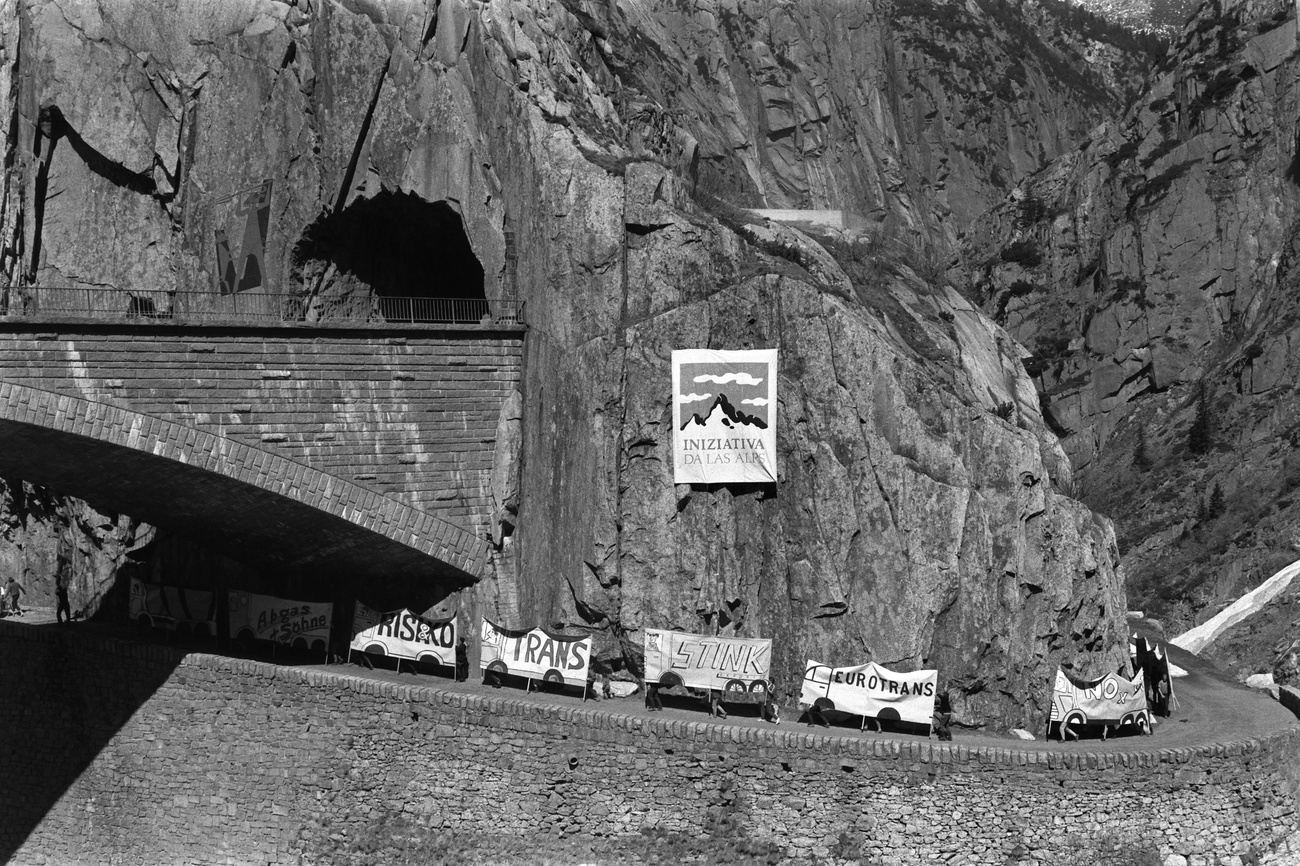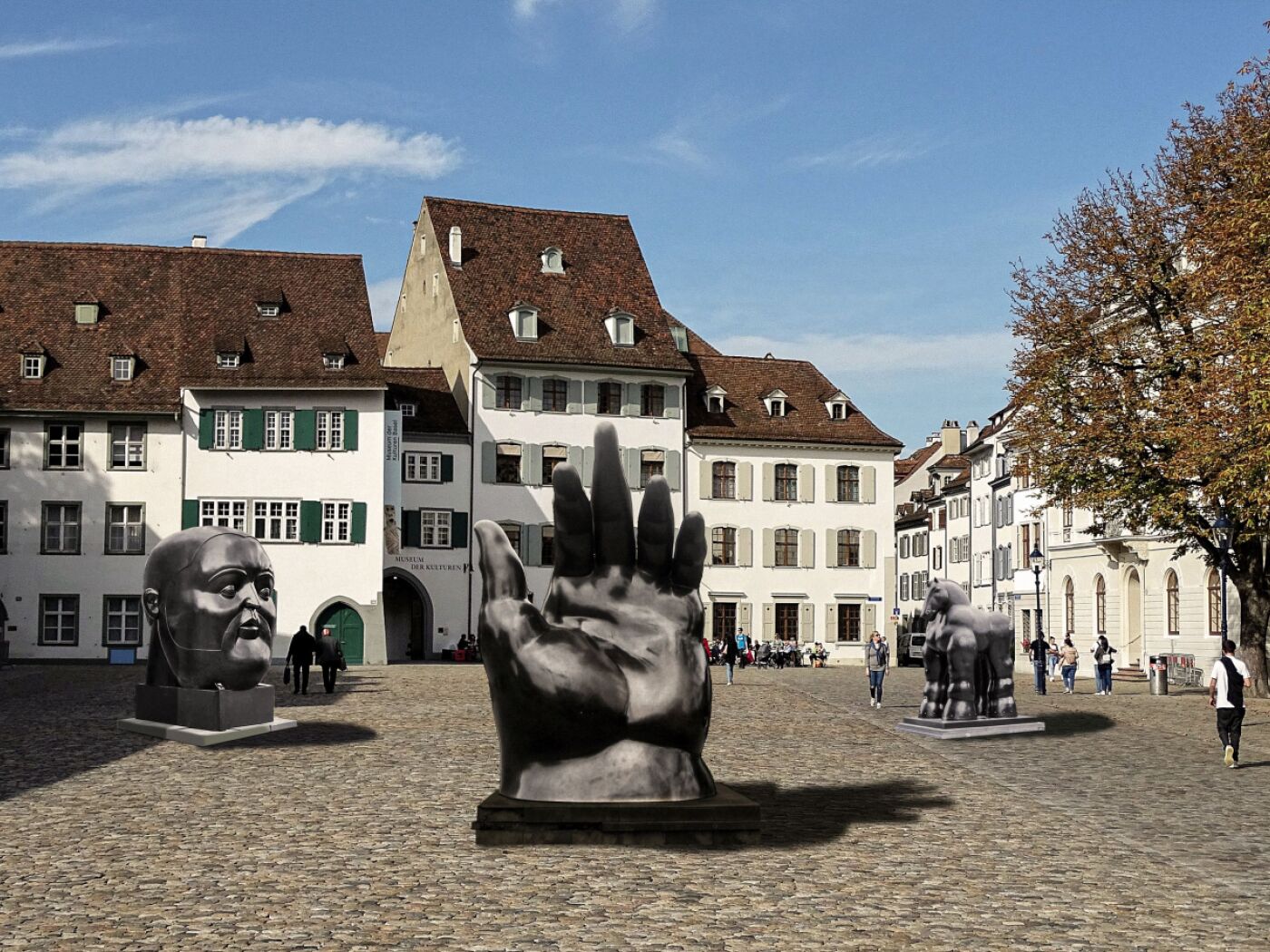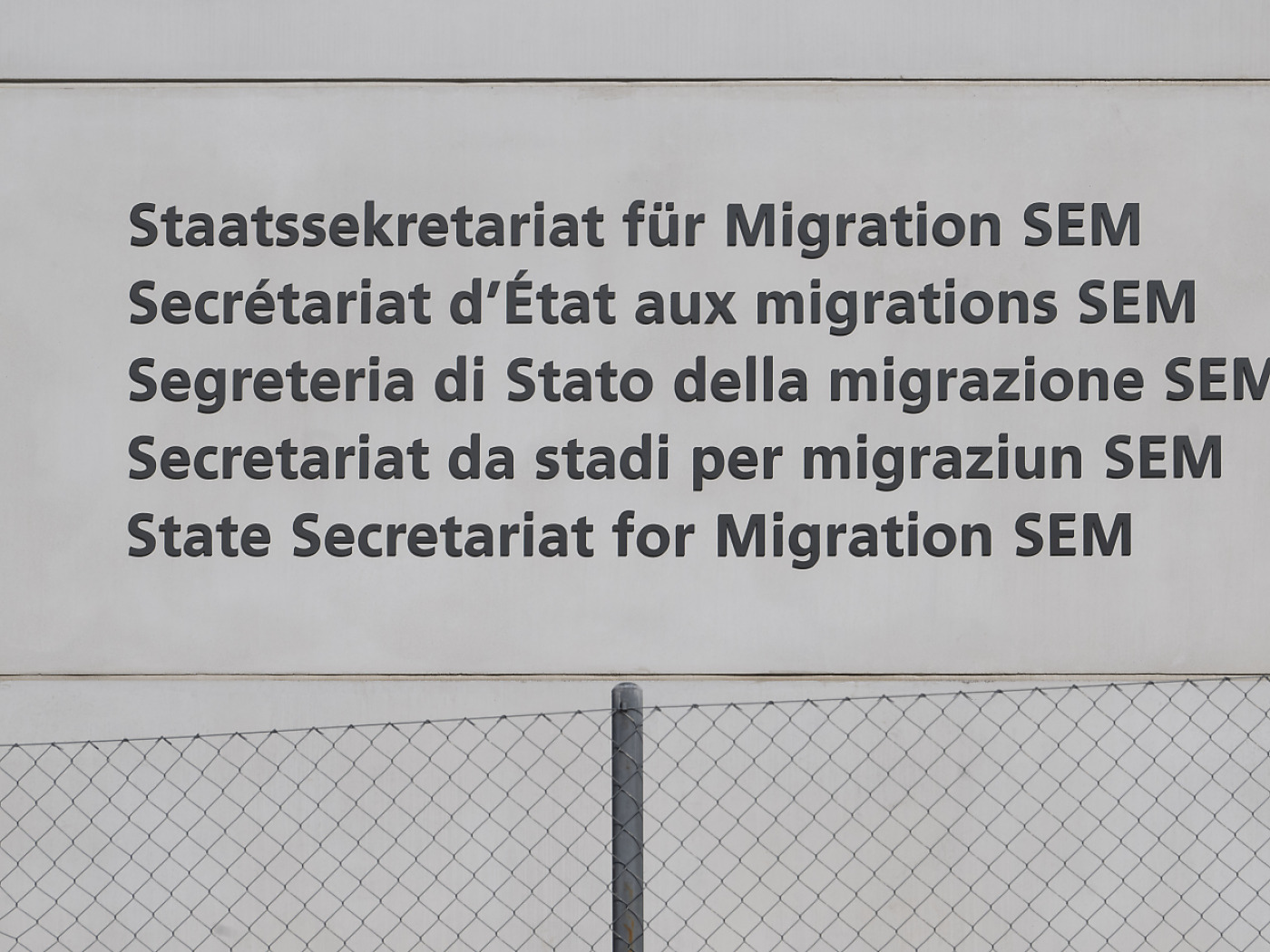Environment: Alpine Initiative turns 30

Thirty years ago, to everyone’s surprise, Swiss voters said yes to the Alpine Initiative, a turning point for Switzerland’s transport policy. Since then, its authors have focused on the fight against climate change and the extension of motorways.
The article on the protection of the Alps, approved on February 20, 1994, called for the Alpine region to be protected from transit traffic. The law stipulated that two years after the opening of the Gotthard base tunnel (in 2018) only 650,000 lorries could cross the Alps each year. This target has still not been met.
+ How the Swiss opted to protect the Alps
In 2022 some 880,000 lorry journeys were recorded across the Alps. Rail’s share of goods transport across the Alps has remained stable, albeit at a high level (74%).
The completion of the New Rail Link through the Alps (NRLA) and the possibility, from 2020, of using the Gotthard for trains carrying semi-trailers up to four metres high have given a boost to the transfer of goods from road to rail.
But for the government, the difficult economic situation in Europe, the numerous construction sites on the rail network and the delays to many trains are still holding back this transfer. Additional measures are needed.
At the end of November 2023, the government decided to increase the Heavy Vehicle Fee (HVF) from 2025. In addition, shorter rail journeys are to be encouraged and the price of traction current is not to be increased. The government points out that the cost of transporting goods by rail within Switzerland has almost ceased to be covered.
+ Has Alpine rail transport come far enough?
At the beginning of January, the government submitted a proposal to parliament aimed at improving rail and inland waterway freight transport.
The additional public funding is intended not only to maintain and develop freight services in Switzerland, but also to meet climate targets by reducing CO2 emissions from freight transport.
No to billions for motorways
The Alpine Initiative has also set itself the goal of making freight transport in Switzerland climate-neutral by 2035. It is demanding CO2 targets for new cars, a ban on free parcel returns in e-commerce, and logistics consolidation centres.
The Alpine Initiative also says it will remain vigilant about the second tube of the Gotthard road tunnel, which has been under construction since 2020. The new tube should only be used to renovate the other tunnel and improve safety, and not to increase transit capacity, as the government promised before the referendum.
The association also has another hobbyhorse: preventing the extension of motorways. In mid-January, along with other environmental organisations, it filed a referendum against a motorway development plan approved by parliament last autumn, a package worth around CHF5 billion ($5.7 billion).
Translated from French by DeepL/ts
This news story has been written and carefully fact-checked by an external editorial team. At SWI swissinfo.ch we select the most relevant news for an international audience and use automatic translation tools such as DeepL to translate it into English. Providing you with automatically translated news gives us the time to write more in-depth articles.
If you want to know more about how we work, have a look here, and if you have feedback on this news story please write to english@swissinfo.ch.

In compliance with the JTI standards
More: SWI swissinfo.ch certified by the Journalism Trust Initiative


















You can find an overview of ongoing debates with our journalists here . Please join us!
If you want to start a conversation about a topic raised in this article or want to report factual errors, email us at english@swissinfo.ch.